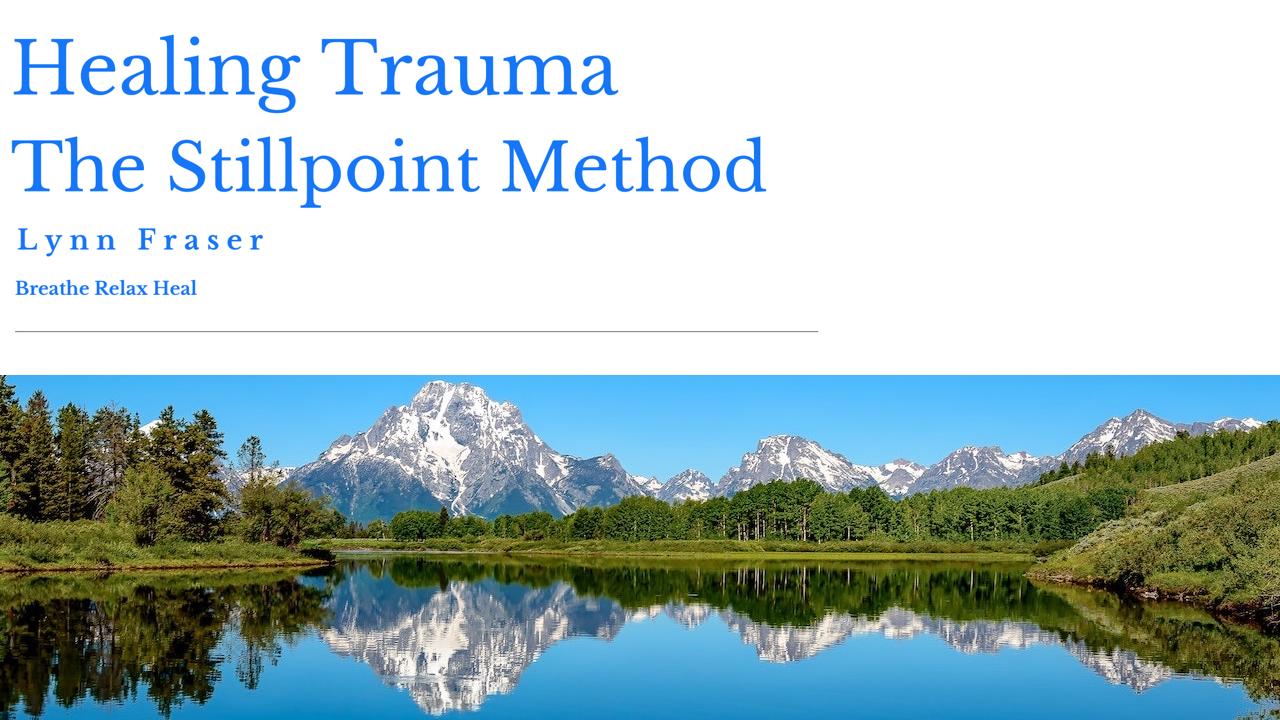Life is not perfect. Life is not easy. Life is good.
Two brothers created a hundred million dollar company Life Is Good with one simple, unifying mission: to spread the power of optimism. Their mother taught them that optimism is a courageous choice we can make each day, especially in the face of adversity.
Dr. Martin Seligman and other researchers have found that optimism is a key element in a happy, meaningful life and in recovery from trauma. Failure is inevitable. People let us down. We get hurt. We can’t protect ourselves from all possible harm.
Resilience is our capacity to adapt to stress and adversity. Our personal level of resilience depends on many factors including the amount of trauma in our background, especially during childhood, and our life experience. We can definitely affect and strengthen our capacity through healing our nervous system. When we’re calmer, we are able to think more clearly and are not at the mercy of catastrophic thinking and feelings. We have an inner poise and balance.
There are a concrete set of behaviors and skills we can learn to become more resilient. Resilience training helps us turn difficult experiences and challenges into catalysts for personal growth and improved performance. There are large scale resilience training programs with the US and Canadian military and other organizations. Here are some examples of working in these five main areas.
Emotional: ability to stay balanced and manage strong or difficult emotions, using our creativity and ingenuity to connect emotionally
Social: building a strong social support system is both essential and made more difficult when we have been hurt by people; humans need social connection
Family: our childhood family of origin, our chosen or biological families in the present; we need people with whom we connect deeply
Spiritual: a sense of what I do matters in the world; a sense of meaning and purpose
Physical health: supporting resilience through sufficient rest, good nutrition and exercise



